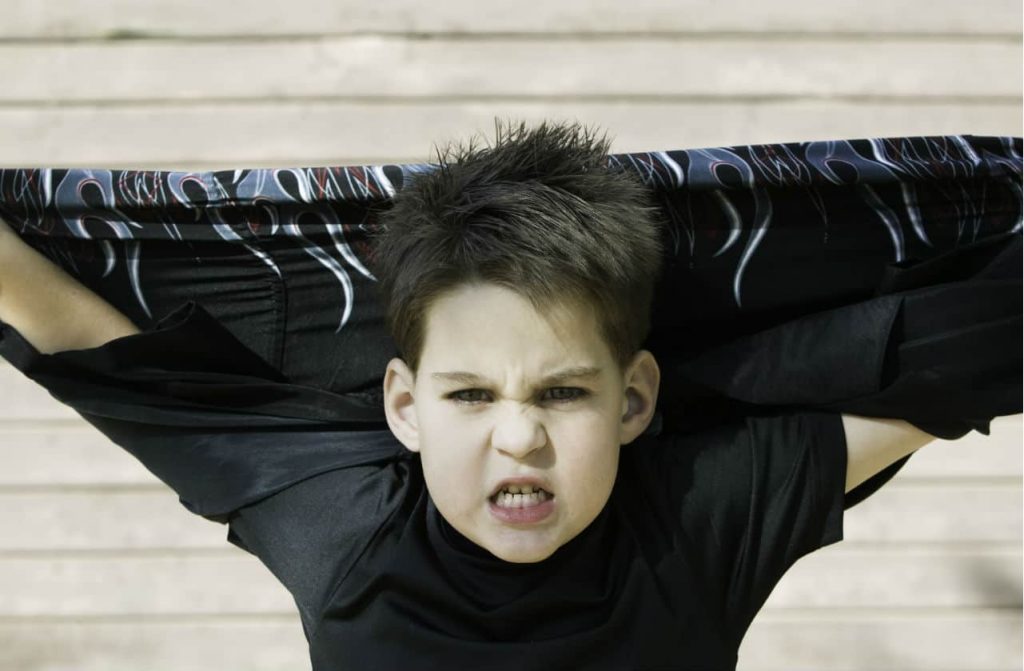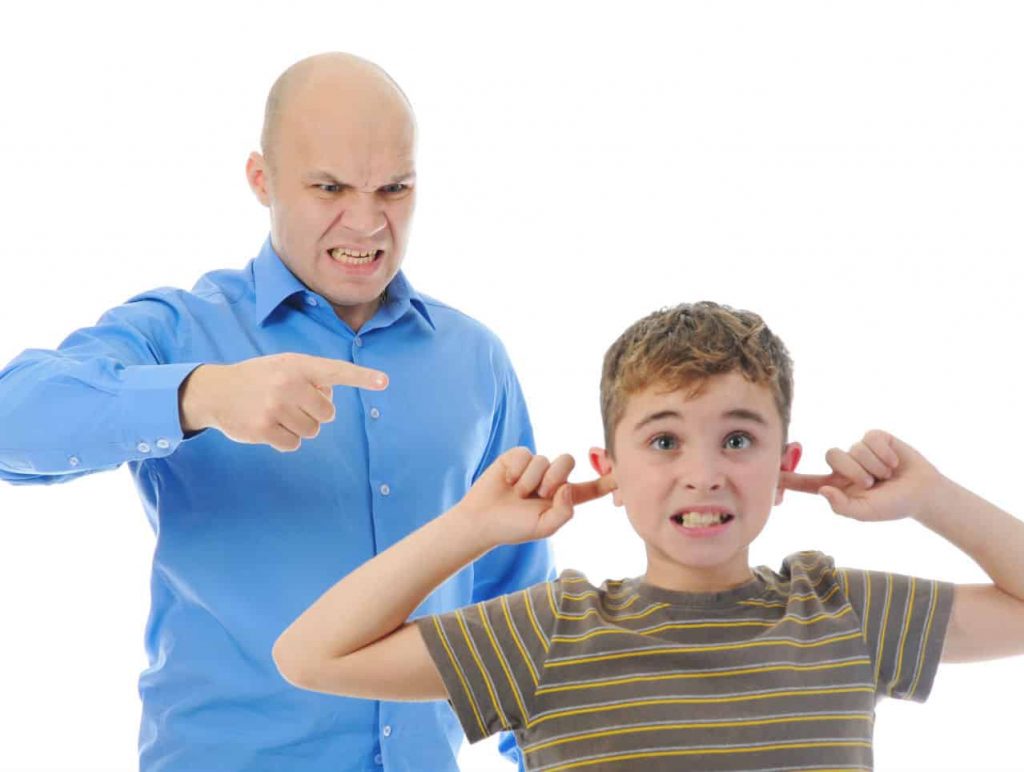How To Prevent Behavioral Issues That Can Lead To Bullying

To better understand the relationship between kids behavioral issues and bullying, we will explore the latter first and then we will give you some tips on how to recognise behavoirs on your child.
Bullying
Bullying is something no child or adult should ever experience. However, up to 30% of students have been bullied regularly in their schooling career.
Whether you’re the parent of a bullied child, or a child who may be prone to bully others, it’s important to be educated on what to do in each situation.
Bullying is reported to occur just as frequently online as it does offline. However, the frequency of online bullying increases with the child’s age and access to technology.
Why kids become bullies?
Children engage in bullying for a variety of reasons. The four most common reasons for bullying are:
The child doesn’t like the person being bullied.
The child find bulling fun
The child likes to feel tough and in control of others.
The child thinks it will make them popular
While the children who are bullied are more likely to feel:
Disconnected from school and not like school.
Lack quality friendships
Be socially withdrawn.
Lack self esteem.
Be non-assertiv
Be less accepted by peers
Negative Effects Associated To Bullying

Evidently, there are a lot of negatives associated with bullying, which is why it must be prevented from happening in all situations.
Even the child who does the bullying is likely to suffer negative effects such as:
Not liking school
Have low levels of moral reasoning
Believe aggression can be used to reach their own goals
Show emotional instability
Have low levels of empathy
Poor anger management skills
Inability to see the effects of their negative actions
What To Do If Your Child Is Being Bullied?
It’s important parents are aware of what to do in either case. If your child is being bullied, you should:
- Notify your child’s classroom teacher, and principal immediately.
- Tell your child that if they are being bullied that can always talk to teachers, parents, and anyone they trust.
- Walk away from bullying
- Teach your children to talk in strong, assertive statements.
What To Do If Your Child Is The Bully?

It’s also important to know what to do when your child is the bully. You’ll likely be notified by a teacher or parent that your child is bullying. So here’s what to do:
- Tell your child their behaviour must stop immediately.
- Monitor your child’s use of the internet or mobile phones.
- Ask your child’s teacher and school what their approach to bullying is, and what you can do from home to help.
- Find out why your child is bullying. Sometimes it’s for complex reasons such as the child bullying to avoid being bullied by others.
- Set up a behaviour contract for your child where they have to abide by strict behavioural rules.
By following these tips, you’ll be giving your child an advantage in tackling bullying – whether they’re the bully or the one being bullied.
Kids Behavioral Issues
They’re words that send chills down the spine of both parents and teachers alike. A recent study has shown that the number one cause of teachers leaving the job in the first 5 years is issues with children’s behaviour.
Similarly, misbehaving kids are just as much of an issue for parents as they are for teachers.
“Often, parents feel like they are at a loss when it comes to curbing their children’s behaviour.”
How To Help Your Child: 5 Easy To Follow Tips
There’s no easy fix, but here are some methods you can implement to help your child behave at home and at school
Find The Triggers
The most important thing to remember is that bad behaviour doesn’t occur in a vacuum! There’s always something that triggers bad behaviour. For some children, this might be something as simple as the temperature being too hot or too cold, while for others it might be that they feel anxious or don’t understand something.
Neutralise The Cause
Keep an eye out for what might trigger a tantrum/bad behaviour, and reduce the chances of this happening by neutralising the cause.
Set Strong Expectations
Want to avoid that meltdown at the zoo or local park? Make sure your kids know exactly what’s expected of them in terms of behaviour. They’re less likely to misbehave if you set strong expectations from the beginning.
Be A Role Model
Sometimes, kids don’t know how to behave. You’re their biggest role-model so make sure that you’re constantly modelling good behaviour. They’ll latch onto that and they’ll be less likely to misbehave as a result.
Be Consistent

If you’re going to punish, be consistent. If kids know exactly what’s coming if they do something wrong, they’ll be less likely to do it in the first place.
Alternatively, an educational program such as the Learning Bees Educational program which focusses on socialisation and helping kids get used to a routine can help children with behavioural issues.
Our own research has shown that kids exposed to environments like the one we offer at Wannabees Family Play Town, helps children overcome shyness, be more social and improve their emotional skills significantly. Learn more on our post: 8 Reasons Why You Should Encourage Imaginative Play in Kids or 5 Steps to Help Your Child To Overcome Shyness and Make New Friends.
